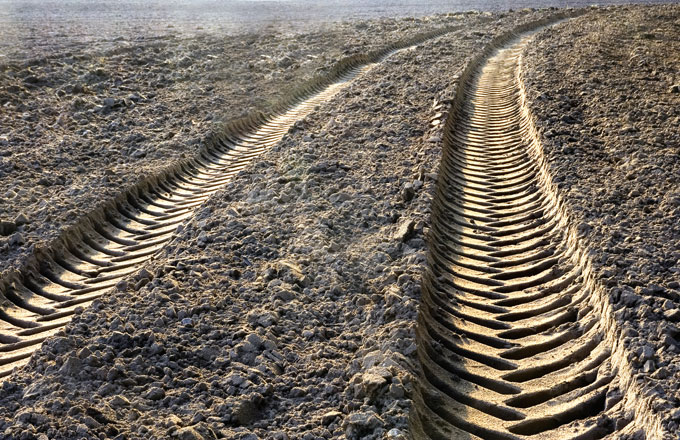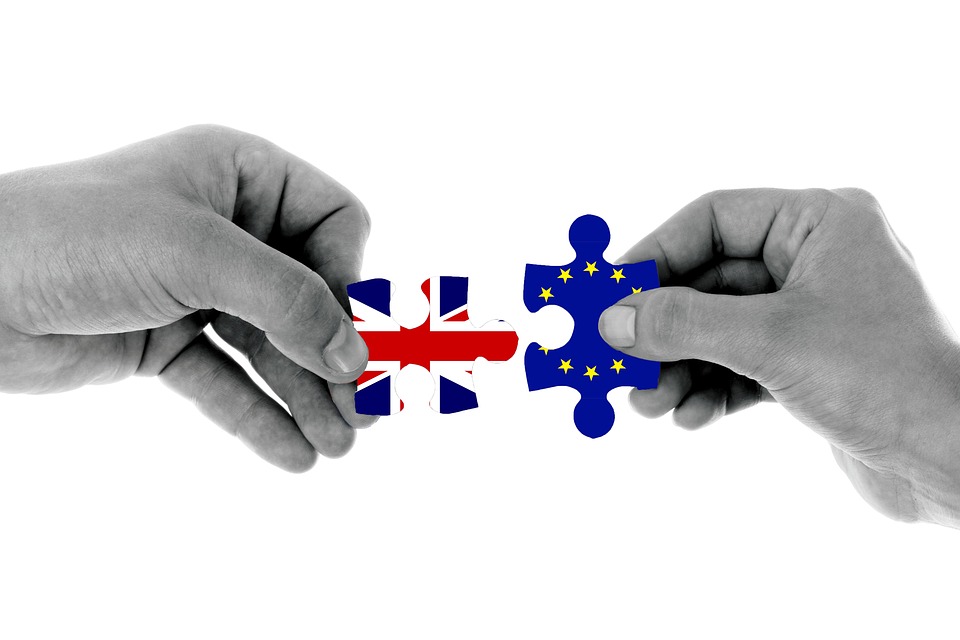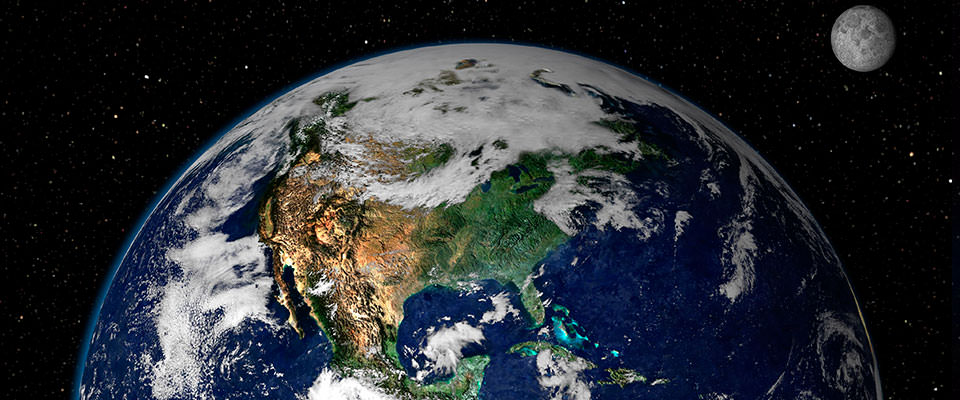Seán McCabe on community and climate justice

1 December 2020
A couple of weeks ago, TASC published The People’s Transition: Community-led Development for Climate Justice. Want to read it in full? Check it out here.
We went through it ourselves and called up its author, Seán McCabe, with a couple of questions.
One of the key takeaways from this report is that people care more about local development than they do about climate action. Can you explain that concept and how you came to that conclusion?
We have some basic assumptions that underpin this research.
The first is that we have no time left to act on climate. Governments will have to act now, and now means that people care more about climate change, but they’re not crying out for climate action the way I think many people in environmental sectors feel like they are.
It struck me after one of those amazing marches last year, where there were thousands and thousands of people calling for climate action in the streets and it was a really exciting thing to be a part of.
But, by accident, later on that day I found myself in Liffey Valley, and I was struck by how many more people there were in Liffey Valley than there had been marching in the streets.
So, we can get caught up in the idea that finally we have loads of people out on the street, which is true. But we don’t have as many that are shopping in these super malls on a regular basis.
Ultimately, governments will have to act now without critical widespread support.
That asks the question: how do we build social approval? The only way to ensure that it’s successful long term is by building social approval.
We’ve seen with this pandemic and its emergency response that when people are terrified we have maybe four months of people abiding by rules that are draconian in how they’re implemented.
We saw that with the lockdowns, but after a certain amount of time, people just stop abiding by them.
That was a very imminent threat that was visible. You heard the stories coming out of Wuhan, there were images of mass graves in Iran, and then you saw the images out of Italy and people lying in the hospital corridors. So by the time we went into lockdown here, people were genuinely terrified.
We don’t get that with climate.
The measures don’t have to be as draconian, but they have to last for much longer.
If you step back and look at the situation, you realise quickly that it won’t be enough just to legislate for change. You’ll have to legislate for change that builds public support as it creates change. I don’t think that’s something that’s ever been done before.
To do that, we have to do what people want.
Seeing those really scary images emerge from hospitals in Italy was somewhat of a stick approach. We have explained that the impacts of climate change are already causing unprecedented drought and flooding, that it has human and economic impacts. We’ve tried all of the stick approaches and I don’t think that’s working, so we actually have to try to think about the carrot.
And the carrot is using climate action to do what people want to do or what communities need done.
A lot of times in the press there’s focus on herd sizes and herd size reduction, and you spoke to a farmer about how he reduced his herd size and how his life actually improved. Could you elaborate a bit on that for us?
I think that a number of farmers I spoke to, it wouldn’t be all, but a number of them thought they were stuck on an intensification treadmill.
At the root of all this is that most farmers are simply trying to earn a living doing what they like to do, whether that be to raise their families or get their kids off to college.
And when the (dairy) quotas were lifted, a lot of people saw that they were presented with the opportunity to increase their herd size in order to make more money.
What that has resulted in for many farmers that I spoke to, and to be clear, they see it differently, not all of them see it as a bad thing, but it’s definitely created much more work and it’s brought about a lot more debt.
We’re very comfortable talking about lock-in with the building of a coal-fired power station, and how that locks us into a fossil fuel dependent pathway, but there are farmers building the infrastructure for larger herd sizes and that’s a type of lock-in as well that’s encouraged. Once you go there, it’s hard to pull back.
I think this is the piece that’s missed when people just talk about reducing herd sizes. It’s not just about that. Farmers have made massive investments in order to increase their herd sizes.
So if you want to annoy people, tell people they have to do something without taking any consideration of the larger picture of their lives and what that means for them.
So what I did find is a number of farmers, and one gentleman in particular, who said that maybe if I diversify, maybe if I try to have lower costs in terms of input, then it gives me different livelihood options.
Another thing I thought that was really interesting in this report is this broader intersectional element. You say a four-day working week, a living wage and a right to housing can help take climate action. Why?
We tend to focus very narrowly on renewable energy or retrofitting when it comes to what we consider to be climate action. We also know that in the back of our mind, there’s a bigger societal transformation to take place.
I think the horizon of the public discourse on this has been “let’s just buy bamboo toothbrushes” and let’s change the way we consume. That’s kind of mad. We won’t get out of a crisis brought about by excess consumption by just changing how we consume. We actually have to change the way our societies function.
If we only look at the farmer in the equation of trying to reduce agriculture emissions and his duty and his responsibilities, then we miss most of the equation because on the other side we have the consumer.
And the consumers are using the supermarkets and the agri-business model that is driving the growth in emissions. In part because they don’t have another choice. Oftentimes because they’re time-poor or cash-poor. It’s just the system they have to resort to.
Whereas if you had families that had a healthy work life balance, had adequate and sufficient income, that had kitchen facilities, well then potentially you could have a much greater focus on local produce or accessing local markets.
But when you’re doing one or two jobs that take you all your time, and you aren’t being paid a particularly brilliant wage, well then you have no option but to shop in these places.
And so many of us are in that situation. It’s not as if you have to be on the breadline to end up here.
At root of all this is economic efficiency, where we should be talking about social and environmental efficiency and those things would produce different outcomes.
[x_author title=”About the Author”]







